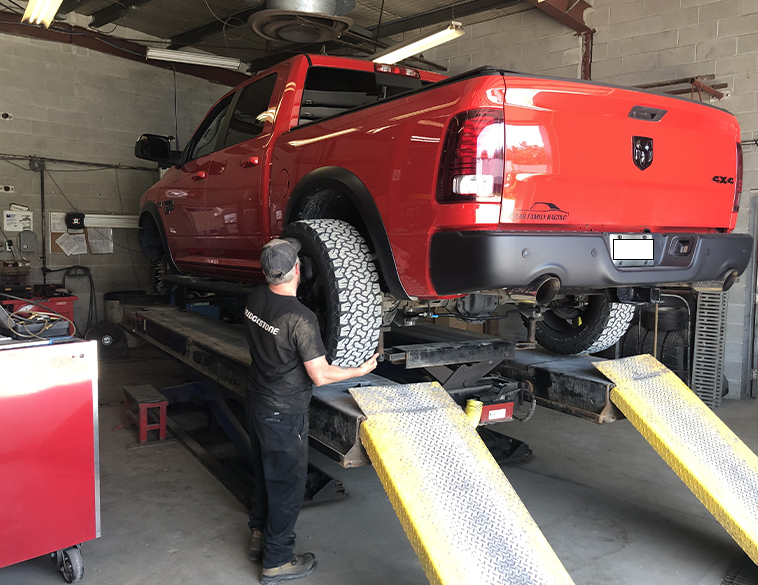Summer road trip plans are proving an ideal time for tire shops to reach out to their customers.
According to a recent survey by the Tire and Rubber Association of Canada (TRAC), scores of Canadian motorists are planning summer road trip holidays, once COVID-19 pandemic travel restrictions ease.
In fact, the survey revealed that 61 percent of those surveyed were planning such a trip and among the different age groups, those 18-34 and 35-44 boasted the largest number of motorists so inclined to vacation by road (70 and 72% respectively).
Neglected maintenance
On the flip side, the survey also discovered that a number of motorists had neglected tire maintenance during the pandemic. Almost two out of every 10 drivers said they hadn’t checked tire pressures at all during the last 12 months. Among those age groups most likely to plan road trips (the 18-34 and 35-44 year-olds)—20 and 25 percent respectively said they hadn’t checked their tire pressures at all over the last year.
Additionally, the survey revealed that 63% were not aware that tire pressures should only be checked when the vehicle is “cold” i.e. it has been stationary for more than 3 hours. Also, only 21% checked their tire pressures monthly based on tire manufacturer recommendations. This shows that there is a very significant opportunity for the tire industry to ensure that Canadians are fully prepared to take their summer trips with safe and dependable tires on their vehicle.
Michal Majernik, TRAC’s Manager of Communications, says that this scenario represents the ideal time for tire shops to reach out to their customers and strengthen relationships with them through education.
“Expertise and authenticity are the most effective ways to engage and retain customers,” he says. By retailers demonstrating they are fully behind their customers, and that their tires are safe and properly maintained, it provides peace of mind and confidence for those customers. Thus creating a win-win situation for both client and retailer.
With many vehicles having sat for extended periods during the pandemic, the need to perform basic maintenance, including checking tires for signs of flat-spotting, as well as wheel alignments, plus fluid condition, engine performance and battery health has arguably never been greater.
Consultations
If tires need replacing, now is also the perfect time for tire shops to perform consultations with their customers and ensure they select the right tires for their needs.
Majernik says this includes identifying criteria such as vehicle fit and application, seasonal and road conditions, as well as performance preferences and, of course, each customer’s budget range.
While this pending road trip season does represent a significant opportunity, both in terms of revenue and customer retention for tire retailers (which in turn will impact distributors and tire manufacturers), how things will fare in the longer term is a question currently on the minds of many.
“Once the world starts to return to the regular driving habits, we will see an increase in demand for tire replacements that comes with increased driving,” says Majernik; yet the question is, just how much of an increase will it be?
Will we see a significant number of people go back to commuting for work, allowing us to return to near pre-pandemic levels of driving activity, or will a good number continue to perform their jobs remotely?
Other factors
Additionally, this year has added further complications due to the ongoing shortage of semiconductors which has severely hampered new vehicle production and driven up prices of used vehicles.
There is every indication that this situation could last six months or more; plus, with rumours of a potential tire production shortage due to rubber tree planting restrictions during COVID and distribution challenges, there could be further complications.
Majernik says it’s therefore important for the tire industry to consider that at this point, “we are still in unchartered COVID territory, so making reliable predictions is nearly impossible.”
Ultimately, success in the tire sector, like any other, depends on robust customer communication and relationships, ensuring that no matter the external influencing factors, businesses continue to move forward and prosper.



